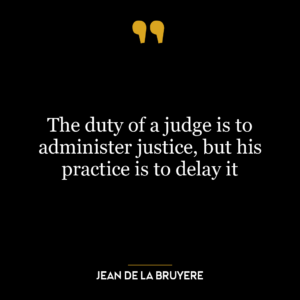This quote by Seneca the Younger suggests that when people are in desperate situations, such as extreme hunger, they are not likely to heed reason, care about justice, or be moved by prayers. It means that the basic needs of survival take precedence over moral or ethical considerations. When survival is at stake, people may not act according to societal norms or ethical standards. They are likely to do whatever it takes to meet their immediate needs, even if it means disregarding what is considered right or fair.
This quote can be seen as a commentary on human nature and the hierarchy of needs. It also underscores the importance of addressing basic human needs as a prerequisite for maintaining social order and justice.
In today’s world, this idea can be applied to various social issues such as poverty, homelessness, and food insecurity. When these basic needs are not met, people may resort to actions that are not in line with societal rules or norms in order to survive. For instance, a person living in extreme poverty might resort to theft to feed their family. This does not mean that they are inherently bad or immoral, but rather that their circumstances have driven them to desperate measures.
In terms of personal development, this quote can serve as a reminder to prioritize our basic needs and ensure they are met before we can focus on higher-level goals or aspirations. It also highlights the importance of empathy and understanding towards those who may be acting out of desperation rather than malice.
Furthermore, it can inspire us to contribute towards alleviating such desperate situations in society, whether through charity, advocacy, or policy change. By ensuring that everyone’s basic needs are met, we can create a society where people are more likely to act in line with reason, justice, and compassion.









